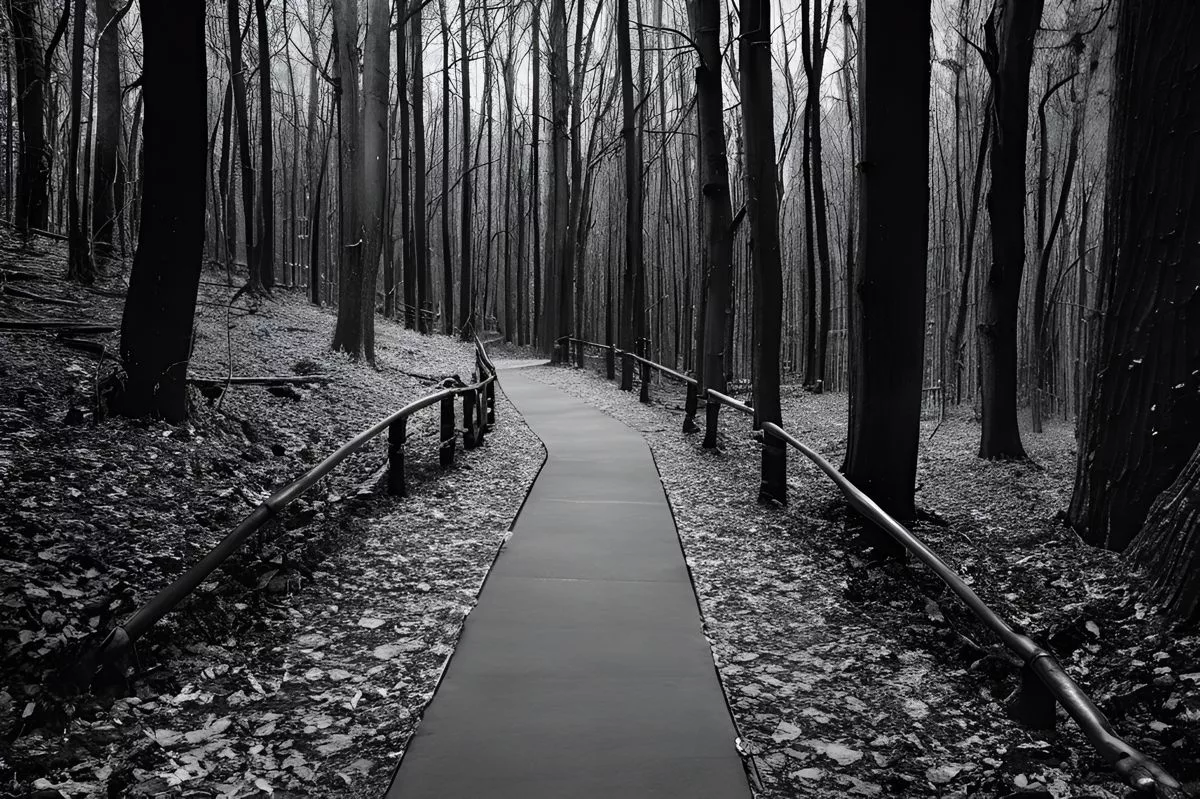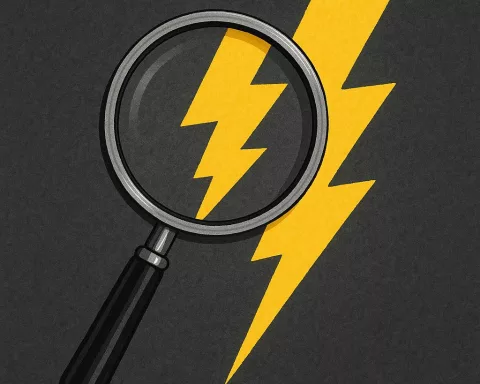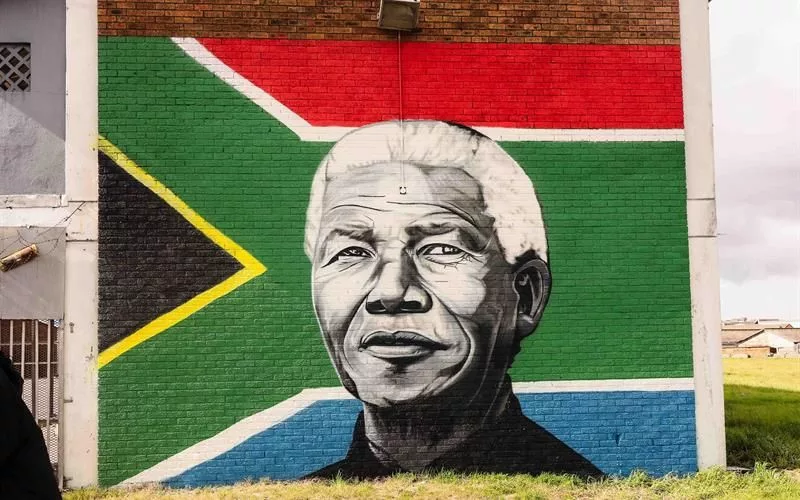John Steenhuisen’s lack of formal education has been a subject of criticism in South African politics, but it has not hindered his rise to the leadership of the Democratic Alliance. Steenhuisen’s political path is marked by an unflagging commitment to public service rather than academic accomplishments. His sharp comebacks to critics demonstrate his belief that moral uprightness should be the key measure of public service. Steenhuisen’s career serves as a testament to the idea that success in politics is not always linked to conventional educational routes.
Steenhuisen’s Unique Political Path: Service over Academics
Steenhuisen’s lack of formal qualifications has been a bone of contention for some, but it has not hindered his political career. His rise to the leadership of the Democratic Alliance illustrates that success in politics is not always linked to conventional educational routes. Steenhuisen’s career serves as a testament to the idea that the path to political triumph is paved with determination, cleverness, and an unwavering commitment to public service.
The rough and tumble world of South African politics is not for the faint-hearted. A veteran in this tough field, John Steenhuisen, leader of the Democratic Alliance (DA), has often come under the spotlight for his lack of a tertiary education. Despite this, he has consistently shown his ability to steer through the challenging realm of governance. Critics such as Mbuyiseni Ndlozi from the Economic Freedom Fighters (EFF) have pointed to his lack of formal education as a bone of contention. Yet, Steenhuisen has cleverly hit back, alluding to the EFF’s supposed entanglement in the notorious VBS corruption scandal.
Inside the revered chambers of the South African parliament, Ndlozi derisively labelled Steenhuisen a ‘matriculant’, a jibe at the Minister’s absence of academic degrees. However, Steenhuisen’s sharp, quick-witted response was a retort that left a mark. He sarcastically remarked that those allegedly involved in the robbery of the defunct VBS bank were highly educated, slyly referring to EFF’s Julius Malema and Floyd Shivambu. Both malema and Shivambu have been implicated in the theft of R2.3 billion, a claim they have vehemently denied.
Steenhuisen highlighted the paradox of the situation by indicating that the victims of the theft, which included elderly pensioners and local investment clubs, presumably found little solace in knowing that the supposed culprits were well-educated. His sharp comeback emphasises his belief that moral uprightness, rather than educational achievements, should be the key measure of public service.
Steenhuisen’s Unique Political Path: Service over Academics
Steenhuisen is part of a group of GNU ministers who lack academic degrees. This includes Dean MacPherson, the Minister of Public Works and Infrastructure, and the Minister of Sport, Arts and Culture, Gayton McKenzie. Unlike his peers, Steenhuisen has carved out an uncommon path. His career trajectory is not marked by educational accomplishments but is rather fuelled by an unflagging commitment to public service.
Steenhuisen launched into politics as a ward councillor in 1999, at the young age of 22, after completing his school education in 1993. Though he didn’t hold a degree, his grit and commitment allowed him to climb the political ladder, leading to his rise to the DA’s leadership in 2019. His journey illustrates that success in politics is not always tied to conventional educational routes.
Indeed, Steenhuisen’s lack of formal qualifications was a point of contention during the elections, but it has not hampered his political career. Former DA member and GOOD party leader Patricia De Lille tried to belittle Steenhuisen, calling him a “dog shampoo salesperson.” However, this label bears no resemblance to Steenhuisen’s actual career path, as demonstrated by his LinkedIn profile.
Steenhuisen’s Achievements: A Testament to his Leadership
Steenhuisen, despite the criticism, has not been without academic achievements. He has earned several certificates of merit for his outstanding performance in various political modules. He proudly showcased these achievements in a tweet in 2018, saying, “I did rather well.” These accomplishments reinforce that even though he lacks formal qualifications, Steenhuisen possesses a considerable grasp of political matters.
John Steenhuisen’s career is proof that the path to political triumph is not always lined with academic degrees, but often paved with determination, cleverness, and an unwavering dedication to serving the public. Despite the criticism, his resilience in the face of difficulties and his steadfast commitment to his ideals stand as a powerful testament to his leadership.
1. What has been the subject of criticism regarding John Steenhuisen’s political career?
John Steenhuisen’s lack of formal education has been a subject of criticism in South African politics.
2. Has John Steenhuisen’s lack of formal education hindered his political career?
No, despite criticism, his lack of formal qualifications has not hindered his political career. His rise to the leadership of the Democratic Alliance illustrates that success in politics is not always linked to conventional educational routes.
3. What does John Steenhuisen believe should be the key measure of public service?
John Steenhuisen believes that moral uprightness should be the key measure of public service, rather than educational accomplishments.
4. Who else in the GNU ministers lacks academic degrees?
Dean MacPherson, the Minister of Public Works and Infrastructure, and the Minister of Sport, Arts and Culture, Gayton McKenzie, are also part of this group.
5. Has John Steenhuisen earned any certificates of merit for his political performance?
Yes, John Steenhuisen has earned several certificates of merit for his outstanding performance in various political modules.
6. What does John Steenhuisen’s career serve as a testament to?
John Steenhuisen’s career serves as a testament to the idea that the path to political triumph is paved with determination, cleverness, and an unwavering commitment to public service, rather than conventional educational routes.












